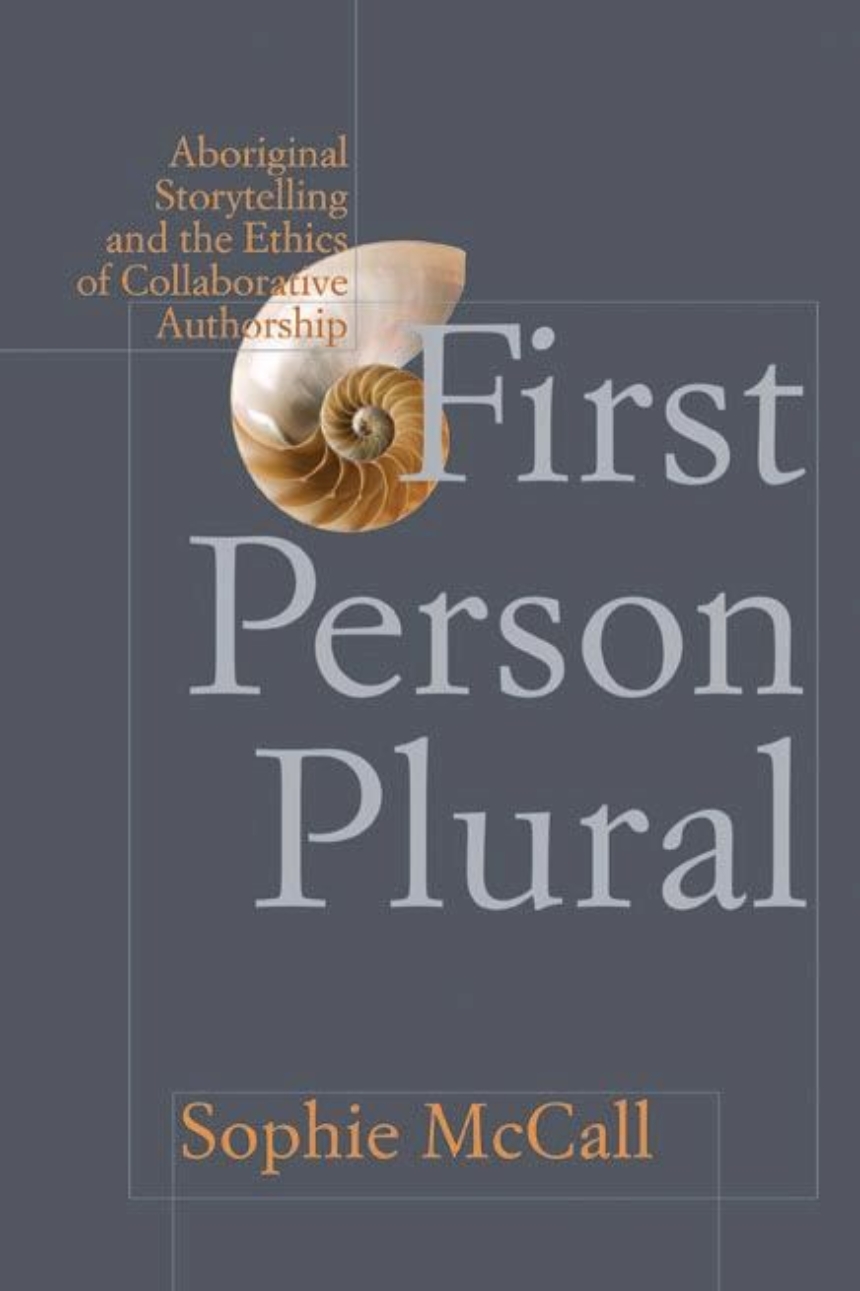University of British Columbia Press
First Person Plural
Aboriginal Storytelling and the Ethics of Collaborative Authorship
Distributed for University of British Columbia Press
First Person Plural
Aboriginal Storytelling and the Ethics of Collaborative Authorship
Table of Contents
Introduction: Collaboration and Authorship in Told-to Narratives
1 “Where Is the Voice Coming From?”: Appropriations and Subversions of the “Native Voice”
2 Coming to Voice the North: The Mackenzie Valley Pipeline Inquiry and the Works of Hugh Brody
3 “There Is a Time Bomb in Canada”: The Legacy of the Oka Crisis
4 “My Story Is a Gift”: The Royal Commission on Aboriginal Peoples and the Politics of Reconciliation
5 “What The Map Cuts Up, the Story Cuts Across”: Translating Oral Traditions and Aboriginal Land Title
6 “I Can Only Sing This Song to Someone Who Understands It”: Community Filmmaking and the Politics of Partial Translation
Conclusion: Collaborative Authorship and Literary Sovereignty
Notes
Works Cited
Index

